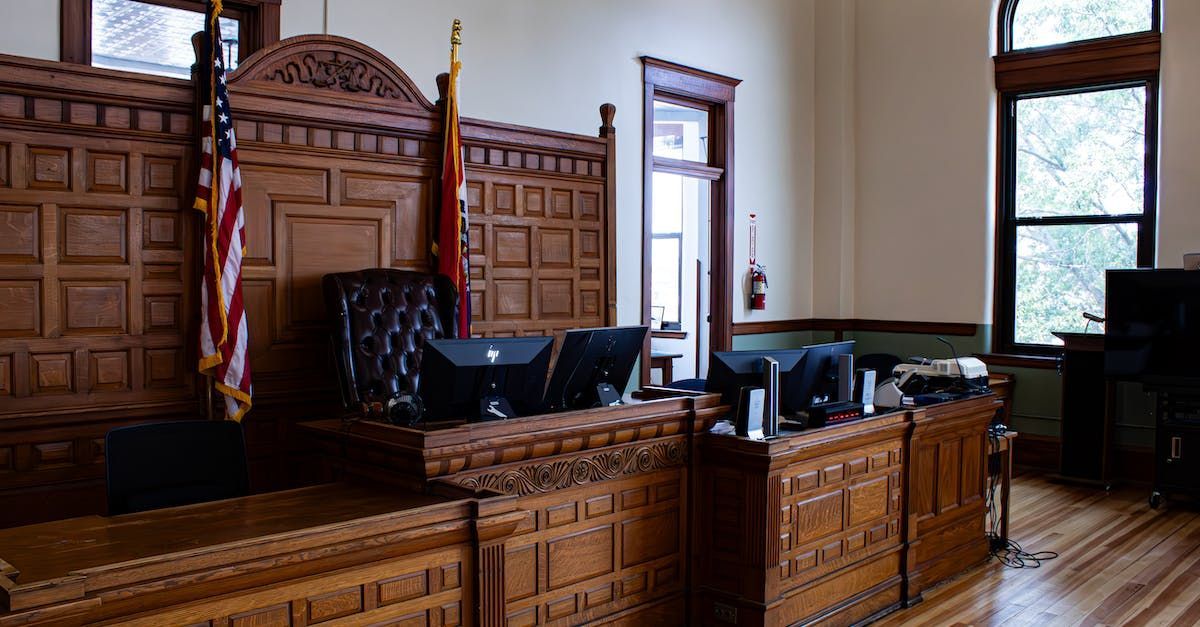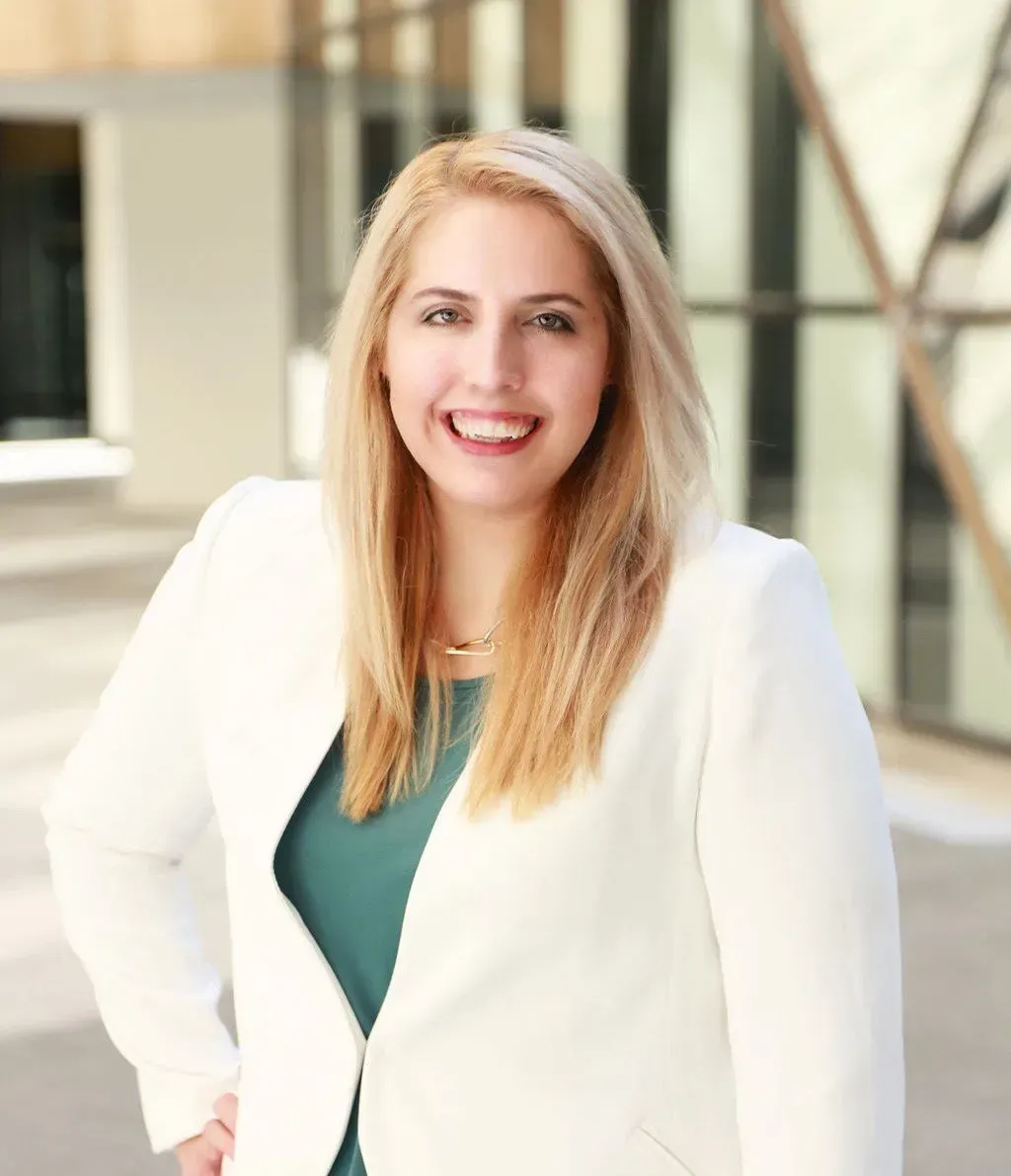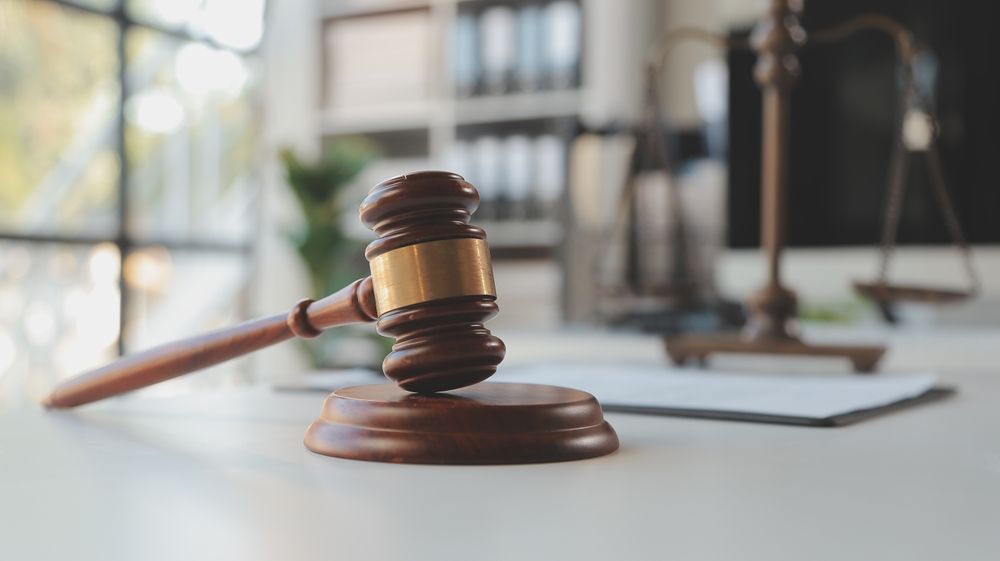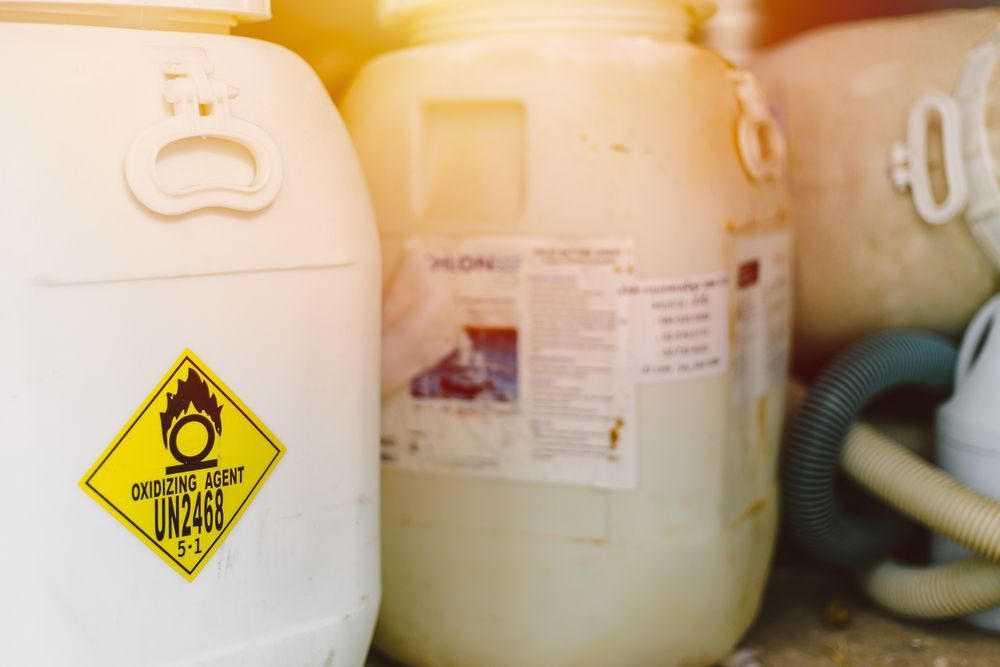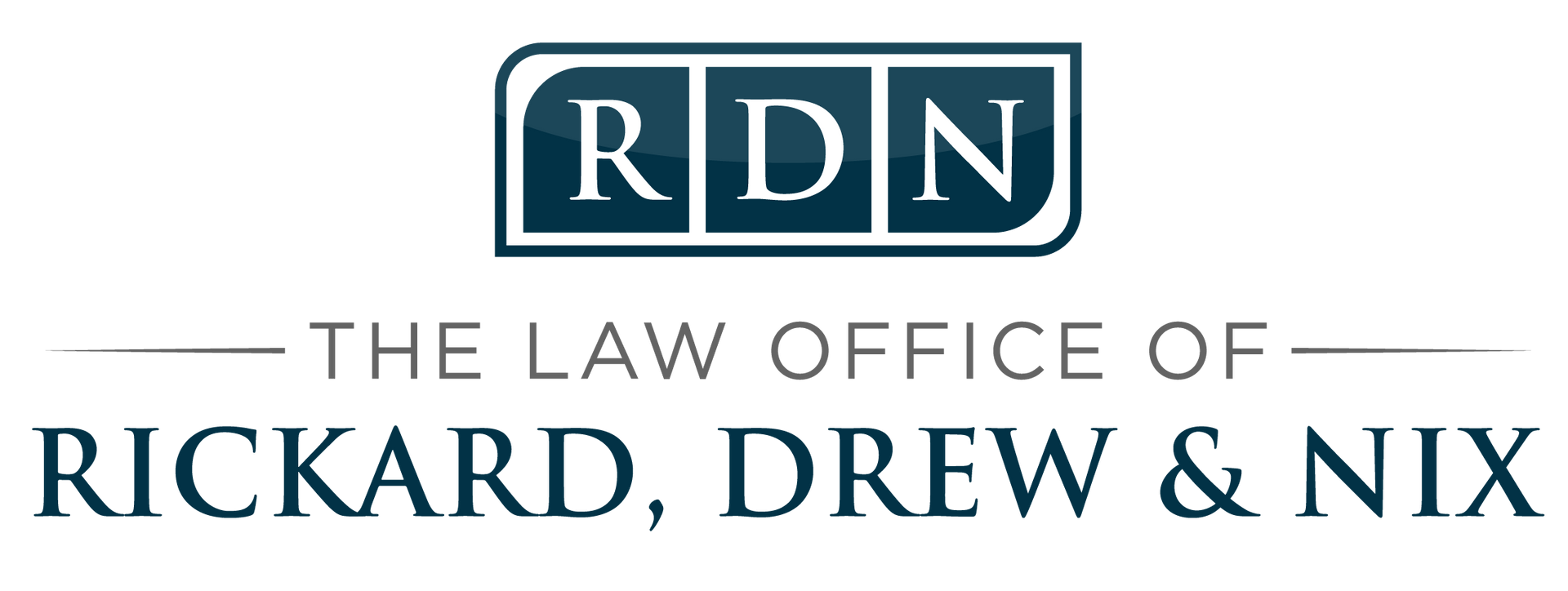By Jessica Nix
•
January 12, 2026
One chance. That's all you get when seeking fair compensation after a car accident. There are no do-overs or mulligans. That's why you need the right legal representation before beginning the claim process. So many accident victims just hire their attorneys from the biggest billboard, without checking to see which firms have the relevant expertise for their unique case. Hiring the most skilled accident lawyer in Atlanta makes all the difference to your recovery. A car accident can upend your life in an instant, leaving you with medical bills, lost income, and the stress of dealing with insurance companies and legal deadlines. This guide explains how to choose the best car accident lawyer in Atlanta by laying out practical vetting criteria, common pitfalls, and specific questions to ask during consultations so you can maximize compensation and protect your long-term recovery. You will learn why specialization, trial readiness, contingency-fee arrangements, and local Georgia law knowledge matter, and how to verify a lawyer’s track record using reviews and anonymized case studies. The guide also outlines red flags to avoid, sample vetting checklists, and step-by-step items to confirm during a consultation. For Atlanta residents considering representation, note that local firms, including The Law Office of Rickard, Drew & Nix, often provide free consultations and operate on a contingency (no-upfront-fee) basis, which reduces immediate financial barriers while aligning attorney incentives with your recovery. Why Is Choosing the Right Car Accident Lawyer in Atlanta So Important? Choosing the right car accident lawyer affects both the immediate handling of your claim and your long-term financial recovery. An experienced personal injury attorney protects deadlines, values future medical needs, and negotiates with insurers who routinely undercut claims to save money. These protections reduce the risk of accepting a premature settlement that leaves long-term costs uncovered and help preserve options if litigation becomes necessary. What Are the Risks of Hiring an Inexperienced Lawyer? Hiring an inexperienced lawyer can result in missed deadlines, undervalued damages, and procedural errors that harm a claim. An attorney unfamiliar with Georgia-specific rules or Atlanta court practices may fail to preserve key evidence or overlook timely filings, reducing leverage against insurers. Inexperienced counsel may also accept low settlement offers without fully assessing long-term medical needs such as rehabilitation or future surgeries. Recognizing these risks helps you prioritize demonstrable experience and local knowledge when evaluating candidates. How Can the Right Lawyer Maximize Your Compensation? A skilled car accident lawyer maximizes compensation through thorough investigation, use of medical and accident reconstruction experts, and a calibrated demand strategy that signals readiness to litigate. Effective counsel documents past and future medical needs, quantifies lost income, and crafts a narrative that persuades insurers the case merits full value or a trial. Lawyers who combine negotiation skills with trial experience tend to generate better results, as insurers respect credible litigation threats. Understanding these tactics helps you ask targeted questions about resources and strategy during consultations. What Does “One Bite of the Apple” Mean for Your Case? “One bite of the apple” refers to accepting a settlement that resolves all future claims, often preventing further recovery if problems arise later. In practice, signing a broad release too early can bar additional claims for complications or long-term damages that were not apparent at the time. This principle underscores why you should avoid quick, lowball offers before a complete medical evaluation and why attorneys who value accurate valuation and final-release timing are critical. What Experience and Specialization Should You Look for in a Car Accident Lawyer? Look for attorneys who focus on personal injury and specifically car accident litigation; specialization concentrates precedent knowledge, expert networks, and negotiation playbooks that matter to outcomes. Trial experience is a strong signal of credibility because it demonstrates that the lawyer can take a case to court and negotiate with insurers toward fair settlements. Prior insurance defense experience is a valuable hyponym: lawyers who once defended insurers understand file handling and adjust strategy to counter undervaluation. Why Is Specialization in Car Accident and Personal Injury Law Crucial? Specialization builds domain-specific knowledge: valuing subtle injury patterns, negotiating medical liens, and identifying the right expert witnesses. A lawyer focused on car accidents understands the typical sequence of discovery, medical damages assessment, and how to assemble evidence that persuades adjusters and juries. Specialized firms maintain networks of accident reconstructionists, treating physicians, and vocational experts who translate injuries into economic value. Prioritizing specialization reduces the chances of procedural or valuation errors and increases the odds of a full recovery. Which Types of Car Accidents Should Your Lawyer Have Handled? Choose a lawyer with experience across the accident types relevant to your case, like trucks, motorcycles, rear-end collisions, T-bone impacts, and catastrophic injuries, each of which involves different liability and regulatory factors. For example, truck collisions often involve FMCSA rules and carrier liability, while motorcycle cases require careful handling of bias issues and details related to helmet laws. A firm that has managed similar fact patterns will better anticipate evidence needs and opposing strategies. Inquiring about analogous case examples during consultations helps verify a good fit. How Does Prior Insurance Defense Experience Benefit Your Case? A lawyer with an insurance defense background knows how insurer files are built, how reserves are set, and which arguments commonly reduce payouts. That insight allows plaintiff counsel to anticipate delay tactics, craft persuasive demands, and rebut undervaluation with targeted evidence. Defense experience also aids in cross-examining insurer-hired experts and exploiting procedural tendencies to your advantage. Leveraging that insider perspective can convert into measurable settlement improvements when used ethically and strategically. How Do Contingency Fees Work and What Should You Know About Lawyer Costs? A contingency fee is an agreement where the attorney’s payment is a percentage of the recovery, aligning counsel’s incentives with client outcomes and removing upfront legal fees. This model typically ranges in percentage based on case complexity and stage of resolution, and it effectively implements a "no recovery, no fee" protection for clients facing financial strain after an accident. Understanding common alternatives and hidden costs helps you evaluate affordability and contractual transparency. What Is a Contingency Fee and How Does It Protect You? A contingency fee means your lawyer is paid only if you obtain compensation, which protects clients who cannot afford hourly retainers while aligning incentives toward maximizing recovery. Typical contingency percentages vary but commonly fall within a specific range, depending on whether the case settles pre-suit, during mid-litigation, or after trial. This structure also encourages efficient case management because the attorney bears financial risk for unrecovered costs. For example, many Atlanta personal injury firms advertise no-upfront-fee policies and contingency arrangements to reduce access barriers. How Do Contingency Fees Compare to Hourly Legal Fees? Contingency fees allocate risk to the attorney and offer predictability for injured clients who lack resources to pay hourly rates; hourly billing in personal injury matters is rare because it exposes clients to escalating costs. Hourly billing may be appropriate for family law or corporate matters where outcomes are not tied to a single recoverable fund. The main trade-off is that contingency firms may deduct litigation expenses from settlements, so you should confirm percentage calculations and any deductions before signing an agreement. Clear contractual terms prevent surprises and help you compare offers accurately. Are There Any Hidden Costs or Upfront Payments? Beyond contingency percentages, common costs include medical record retrieval, expert fees, and court filing expenses; reputable firms often advance these costs and recoup them only from recovery. Ask specifically who advances experts, whether interest accrues on advanced costs, and how deductions are itemized on settlement statements. Requesting a sample fee agreement and a plain-language breakdown reduces ambiguity and protects your net recovery. How Important Is Communication and Client Relationship When Hiring a Car Accident Lawyer? Communication and relationship management drive evidence collection, medical coordination, and settlement decisions, so expect clear commitments on responsiveness and points of contact. Good law firms specify whether you will deal mainly with an attorney or a paralegal, how often you will receive updates, and which communication channels (phone, email, portal) they use. Transparent communication also helps prevent missed deadlines and enables better decision-making about settlement timing. Next, use the checklist below to evaluate communication standards during consultations: Ask who will be your primary point of contact and their role on the team. Confirm expected response times for phone calls and emails. Request a sample timeline for case milestones and typical update frequency. What Should You Expect in Terms of Lawyer Responsiveness? Reasonable responsiveness includes acknowledging client communications within one to three business days and providing clearer timelines for substantive updates; this cadence supports timely, medical, and evidence-based actions. Good engagement letters set expectation windows and identify who handles routine inquiries versus strategic decisions. Knowing who manages your file reduces confusion and speeds evidence gathering, which is essential for settlement leverage. Confirming these points in writing prevents later disputes. How Does Clear Communication Impact Your Case Outcome? Clear, timely communication means prompt medical referrals, consistent documentation, and coordinated expert involvement, factors that increase settlement value and trial preparedness. Delays in transmitting medical records or missing suggested evaluations can weaken causation and damage proof, reducing leverage in negotiations. Conversely, firms that proactively update clients and coordinate care produce stronger, more persuasive demands. This relationship between communication and evidence collection informs the specific questions you should ask to gauge style and capacity. What Questions Should You Ask to Gauge Communication Style? Ask direct questions about the main point of contact, expected response windows, frequency of updates, and whether you will receive written summaries after major developments. Sample answers that indicate healthy communication include designated client liaisons, weekly or milestone-driven updates, and clear escalation paths to attorneys for strategic questions. Avoid firms that cannot commit to any response standards or that rely solely on vague promises. The answers you receive here should influence your confidence in a firm's ability to manage your case effectively. How Can You Evaluate a Lawyer’s Track Record and Reputation in Atlanta? Evaluating reputation means triangulating online reviews, verified verdicts/settlements, peer recognition, and anonymized case studies to build an evidence-based assessment of likely outcomes. Look for substantive reviews that describe results and process rather than generic praise; request anonymized case summaries from the firm that describe facts, strategies, and outcomes. Where Can You Find Reliable Client Reviews and Testimonials? Reliable reviews appear on multiple platforms and include substantive details about injuries, timeline, and results, rather than vague praise. Cross-check platform consistency and watch for repeated themes. Official state bar records and verified verdict databases can confirm public outcomes and disciplinary history. When a firm supplies anonymized case summaries, compare those narratives to online reviews to validate claims. Evaluating these sources reduces reliance on marketing and improves confidence in a lawyer’s real-world performance. What Does a Strong Success Rate Look Like for Car Accident Cases? A meaningful success-rate assessment focuses on representative outcomes, ranges of recovery, and the firm’s willingness to go to trial rather than a single headline verdict. Ask for typical settlement ranges for cases matching your injury severity and whether the firm primarily settles or litigates. Understand the difference between headline verdicts and average case recoveries; consistent mid-range recoveries can be more predictive than occasional large wins. Framing success in ranges rather than absolutes helps set realistic expectations. How Do Case Studies Demonstrate a Lawyer’s Ability to Secure Compensation? A useful case study outlines the facts, challenges (including liability issues and insurer tactics), the strategy employed (such as expert testimony, discovery, and motion practice), and the outcome. Then it maps the lessons to your specific situation. Request anonymized summaries that preserve privacy but include enough detail to understand the firm’s role and the compensation achieved. Comparing these vignettes to your case facts highlights whether the firm has handled similar liability patterns and injury severities. This evidence-based approach grounds hiring decisions in comparable results. Why Is Local Expertise in Atlanta and Georgia Law Essential for Your Car Accident Case? Local expertise matters because knowledge of Atlanta courts, judges, local medical providers, and Georgia statutes directly affects litigation strategy, settlement timing, and damages calculations. Familiarity with local judges’ tendencies, courthouse logistics, and regional expert witnesses provides practical advantages during discovery and motion practice. Understanding Georgia-specific laws means your attorney can anticipate defenses and preserve claims. These local factors make a measurable difference in case handling and outcomes. How Does Knowledge of Atlanta Courts and Judges Benefit Your Case? Knowledge of court schedules, judge preferences, and local discovery practices influences when to file motions, how to frame liability arguments, and the timing of settlement demands. Local attorneys who have tried cases in Atlanta are familiar with which judges favor specific evidentiary approaches and can tailor their strategies accordingly. That insight shortens learning curves, avoids procedural missteps, and can speed resolution in ways that benefit injured clients. Practical awareness of these local details justifies prioritizing counsel focused on Atlanta. What Are Key Georgia Laws Affecting Car Accident Claims? Key Georgia laws include the statute of limitations for personal injury claims and the state’s modified comparative negligence rule codified in O.C.G.A. § 51-12-33, which reduces recoverable damages based on a plaintiff’s percentage of fault. These rules determine whether a claim is timely and how damages are apportioned in cases of shared fault, directly impacting the settlement value. Knowing these statutes enables attorneys to craft arguments that minimize assigned fault and maximize recovery as much as possible. A clear legal grounding is essential before accepting any offers. How Does Local Presence Improve Client Support and Case Handling? A local office enables in-person meetings, provides easier access to nearby medical providers, and facilitates direct coordination with field investigators and crash-reconstruction specialists operating in the Atlanta region. Personal meetings can strengthen attorney-client rapport and expedite the scheduling of depositions, while local networks help secure timely expert availability. Practical conveniences translate into stronger, faster case development and better responsiveness during critical phases. Local presence complements legal expertise in meaningful, outcome-driven ways. What Are the Red Flags to Watch Out for When Hiring a Car Accident Lawyer in Atlanta? Watch for warning signs that suggest a lawyer lacks specialization, transparency, or ethical standards because these traits can reduce recovery and create avoidable risks. Red flags include vague or unverifiable case histories, guarantees of outcomes, pressure to sign immediately, and promises that seem too good to be true. The list below distills common warning signs to help you rule out unsuitable counsel before committing. Lack of specific case examples or an inability to describe similar cases the lawyer handled. Guarantees of particular results or pressure to sign engagement agreements immediately. Poor communication promises, such as no clear point of contact or vague response times. Recognizing these behaviors early helps you focus on candidates who demonstrate verifiable experience and transparent processes. Which Lawyer Traits Indicate Lack of Specialization or Experience? Traits that suggest insufficient specialization include generic marketing copy without specific details, the absence of trial examples, and an inability to name relevant experts or past strategies. Ask for particular roles the lawyer played in prior cases and for anonymized summaries that show a track record with injuries like yours. If answers are vague or the firm relies solely on high-volume advertising rather than demonstrable results, consider that a warning sign. Prioritizing verifiable experience reduces the risk of procedural and valuation mistakes. How Can Poor Communication Harm Your Case? Poor communication can lead to missed medical appointments, late evidence collection, and misaligned settlement expectations, all of which erode leverage against insurers. Delayed responses may cause missed filing deadlines or failure to quickly engage necessary experts, reducing the strength of your demand package. Clear communication protocols mitigate these risks by facilitating coordinated action and timely evidence submission. Insisting on written response expectations helps protect your claim. What Are High-Pressure or Unethical Tactics to Avoid? Unethical tactics include pressuring clients to accept early settlements without a full valuation, promising guaranteed outcomes, and insisting on immediate signatures without allowing sufficient time to review documents. If a firm uses fear or urgency to push decisions, step back and request written terms and time to consult. Report clear ethical violations to the state bar and seek second opinions when necessary. Avoiding high-pressure tactics allows you to make informed choices. Why Should You Be Wary of Excessive Advertising or General Practitioners? Excessive advertising may indicate a focus on volume over depth; general practitioners who advertise widely across multiple legal areas may lack the niche expertise required for certain car accident claims. Compare marketing claims to verifiable case results and ask whether the attorney has handled cases similar to yours in Atlanta courts. Substantive credentials and demonstrable outcomes should outweigh flashy advertising when choosing counsel. What Essential Questions Should You Ask During Your Car Accident Lawyer Consultation? A focused consultation checklist helps you evaluate experience, fees, communication, strategy, and local knowledge so you can compare firms objectively. Ask direct questions about similar-case experience, contingency percentage, and deductions, who advances costs, communication protocols, and trial readiness. The numbered questions below provide a practical script to use in consultations and explain why each matters: What similar car accident cases have you handled, and what role did you play in those outcomes? What contingency percentage do you charge, and how are litigation costs handled or deducted? Who will be my primary point of contact, and how frequently will I receive updates? What resources, experts, and investigators will you use to build my case? How often do you take cases to trial versus settling, and what determines that choice? These questions reveal both competence and transparency, guiding follow-up verification steps. How Do You Verify a Lawyer’s Experience with Similar Cases? Verify experience by requesting anonymized case summaries that describe facts, challenges, strategy, and outcomes; ask about the lawyer's specific role and whether they led trial or settlement negotiations. Cross-check claims with online verdict databases and reviews that reference similar facts. Ask for representative ranges of recoveries for cases like yours rather than isolated headline numbers. Documented examples and willingness to share them are strong credibility signals. What Should You Ask About Fee Structures and Payment Options? Confirm the contingency percentage, whether it varies by stage of resolution, and how costs like expert fees and record retrieval are advanced and repaid. Request a sample settlement disbursement statement and clarification on any interest or administrative expenses associated with advanced costs. Watch for opaque language about deductions; require plain-language explanations and a written agreement. Knowing these contract details protects your net recovery. How Can You Assess the Lawyer’s Approach to Communication and Case Management? Ask who handles day-to-day tasks, the expected cadence of updates, and how the firm documents key decisions and offers. Look for firms that provide milestone-driven timelines and that commit to written summaries after major events. Confirm escalation paths to attorneys for urgent matters. The clarity of these answers indicates the firm’s operational maturity and reliability. What Questions Reveal the Lawyer’s Strategy for Maximizing Compensation? Ask how the firm uses experts, whether they perform accident reconstruction, and how they calculate future damages and vocational losses. Request examples of negotiation strategies used to convert litigation readiness into better settlements. Ask what evidence they would prioritize in your file and why. Strategic answers that tie resources to outcomes signal a thorough and aggressive approach. How Do You Confirm the Lawyer’s Local Knowledge and Court Familiarity? Request recent Atlanta-based case examples, ask which judges the lawyer has appeared before, and inquire about local expert contacts the firm would use. Firms that can describe local procedural practices and name trusted investigators or treating physicians demonstrate active regional networks. Confirming these details indicates that the firm can efficiently tackle Atlanta-specific practices. What Makes The Law Office of Rickard, Drew & Nix the Best Choice for Car Accident Cases in Atlanta? The Law Office of Rickard, Drew & Nix is an Atlanta-based personal injury firm that emphasizes aggressive representation, a team with prior experience in insurance defense, free consultations, and contingency-fee representation to improve access to counsel. Their local focus on the greater Atlanta metro area provides practical advantages, including relationships with regional experts and familiarity with local courts. The firm’s stated approach aims to combine litigation readiness with inside knowledge of insurer tactics to secure fair compensation. Below are concise explanations of how these elements translate into client benefits, along with several anonymized vignettes illustrating the outcomes: Aggressive pursuit of compensation: Positions cases so insurers recognize trial readiness. Insurance defense experience: Uses insider knowledge to anticipate and counter insurer strategies. Free consultations and contingency fees: Lower financial barriers to reviewing your case. How Does Our Aggressive Approach Benefit Injured Clients? An aggressive posture signals to insurers that the firm is prepared to litigate, which often increases settlement offers without the time and cost of trial. By developing litigation-ready files, conducting complete discovery, engaging credible experts, and crafting clear liability narratives, our firm converts preparedness into effective negotiation leverage. That posture reduces the chance of lowball offers and encourages timely, fair resolutions. Clients benefit from faster, often larger recoveries when their counsel demonstrates a credible willingness to litigate. Why Is Our Insurance Defense Experience a Strategic Advantage? Prior insurance defense experience gives the firm insight into how insurers evaluate claims, set reserves, and structure denials, enabling plaintiff-side strategies that preempt common undervaluation tactics. Understanding file workflows and adjuster psychology allows us to present evidence in formats insurers take seriously. This perspective also helps in cross-examining defense experts and in developing negotiation points that resonate with insurer decision-makers. The practical result is a stronger, more anticipatory negotiation stance. How Do Our Free Consultations and Contingency Fees Support You? Free initial consultations let potential clients assess the merits of their case without financial commitment, while contingency-fee arrangements remove upfront legal fees for injured individuals who may be facing medical and financial strain. This combination promotes access to qualified counsel and aligns attorney incentives with client recovery. Clients can therefore pursue representation and strategic advice even when immediate funds are limited, enabling robust case development from the outset. What Success Stories Demonstrate Our Commitment to Fair Compensation? Anonymized examples illustrate how strategy and resources produced recoveries. For instance, a multi-vehicle liability dispute was resolved through reconstruction and focused expert testimony, which materially increased the settlement. Similarly, a case where early trial readiness converted a low offer into a fair pretrial resolution. These vignettes highlight how targeted investigation, thorough medical documentation, and effective trial posture can produce better client outcomes. Reviewing such examples helps prospective clients understand how our approach applies to their own case needs. Learn More For more details about our expertise and experience, contact our team today for a free consultation and case review.
